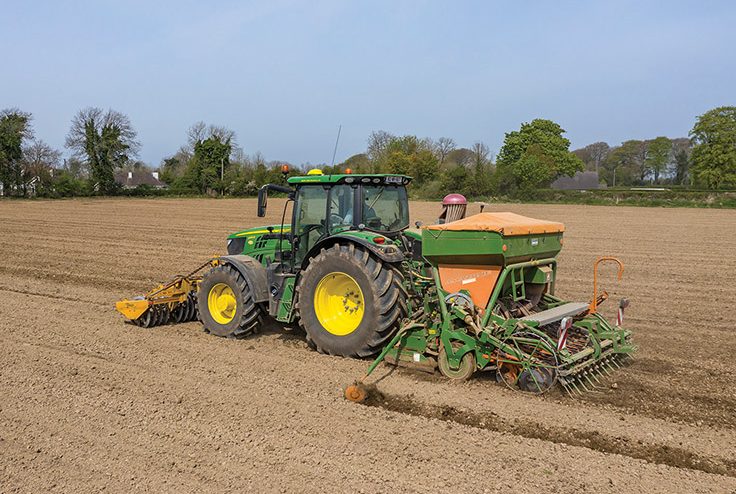
Many engineers are paying increasing attention to road stabilization in order to build quality roads that can hold up against rough and heavy use.
The objective is to improve strength, reduce soil plasticity and lower compressibility either by binding the soil particles or waterproofing them or a combination of both. It involves the application of mechanical processes and chemical additives to increase the density of the soil. Higher the density of a material fewer the voids present in it.
Voids are most damaging to the integrity of a road or for that matter any type of construction. As they trap moisture and air, they become less stable and disintegrate under pressure and changing temperature and moisture conditions. Soft soils such as silt, organic soils and clayey peat are the type of soils that need to be first stabilized before they can be used because of their high porosity and organic content.
The steps constituting its process vary based on the location, time requirements, available machinery, budget and environmental conditions.
In Ireland, there are only two companies that offer this service and for this month’s edition of Building Ireland, we profile one of them.
As well as being one of the premier agricultural contracting businesses in the midlands, Oliver Conroy Plant & Agri Hire Ltd. is also a leading specialist in roadwork projects, offering a pioneering on-site soil stabilisation solution.
“I first came across road stabilisation or cement stabilisation as it is called in some places, in the UK when I was working over there. I learned a great deal about and decided to offer the service when I came back here,” said Oliver.
The Westmeath native’s experience has resulted in him becoming a consultant in this area of expertise and his knowledge has been called on by many of the country’s top civil engineering firms.
As it is much quicker and cheaper to stabilise existing soil with binders such as lime and cement to create pavement and ground slab foundations – as opposed to the traditional method of disposal and import of materials to a construction site – soil stabilisation is revolutionising site preparation throughout the building and civil engineering industries.
Soil stabilisation is a modern and efficient method of recycling and strengthening inert and contaminated soils and other construction materials for foundation to buildings and vehicular paving, offering substantial benefits to the developer and contractor alike.
Oliver explained the process of road stabilisation to us: “It starts off with soil testing. This is the key to successful soil stabilization. There is no standard method and the additives that can be used vary based on the soil type. Strength, compressibility, permeability, durability and volume stability are some of the properties that are of chief concern in road stabilization.
“You then prepare the site with the existing or parent soil being pulverized using a rotary mixer, this means it is crushed into fine particles. Additional base materials and aggregates are added during this stage. The moisture content of the soil should be at an optimum level for the reaction to take place successfully when the additive is added. Hence, dry soils are made damp while soils with high water content are made dry through water drainage.
“After the soil is prepared, the additives are introduced. They are either applied dry or sprayed. The method of application varies based on the additive being used. Selected additives require several applications and repeated mixing.
“A stabilizing machine makes several passes over the soil so that it mixes the soil and the additives homogenously. Selected additives require to be mixed immediately after they are introduced as they set very quickly.
“Compaction increases the density of the soils and also moves it towards achieving a smooth surface. In the process of compaction, different machines are employed namely vibratory pad foot, a pneumatic compactor and tandem drum roller.
“Curing is the final step in the process. It is what helps the additive to achieve its full engineering potential. A period of seven days is sufficient for proper curing. However, again the time varies based on the additive used to stabilize road soils.”
A fleet of modern, well-maintained machinery is manned by a dedicated team of highly-qualified operatives, supported by a management team boasting a wealth of practical experience operating machinery in the various soil conditions and environments found throughout the midlands with continued investment allowing them to move with the times.
“We brought in two machines from Germany and Italy to help us with the road stabilisation work. We are always investing whether it be for the plant or agri work.”
Between the agricultural, civil and commercial work, the business is now performing steadily all year around. “When you are depending on agri contracting alone, you would have a very poor cash flow between October and May,” Oliver points out. “That was why I branched into the plant hire work and then the commercial stuff. These are niche markets and we are providing specialist services, while at the same time keeping the bank manager happy as banks like to see a busy current account.”
It’s fifty years this year since Oliver’s father Gerry first set up the business which focused on agricultural contracting back then and Oliver revealed that his father is still involved to this day.
Oliver Conroy Plant & Agri Hire Ltd.,
Farthingtown,
Rochfortbridge,
County Westmeath.
Tel: 044 9224499
Mobile: 087 2782126
Email: [email protected]
Taken from Irish Tractor & Agri magazine Vol 7 No 5, September/October 2019
Oliver Conroy Plant & Agri Hire Ltd.